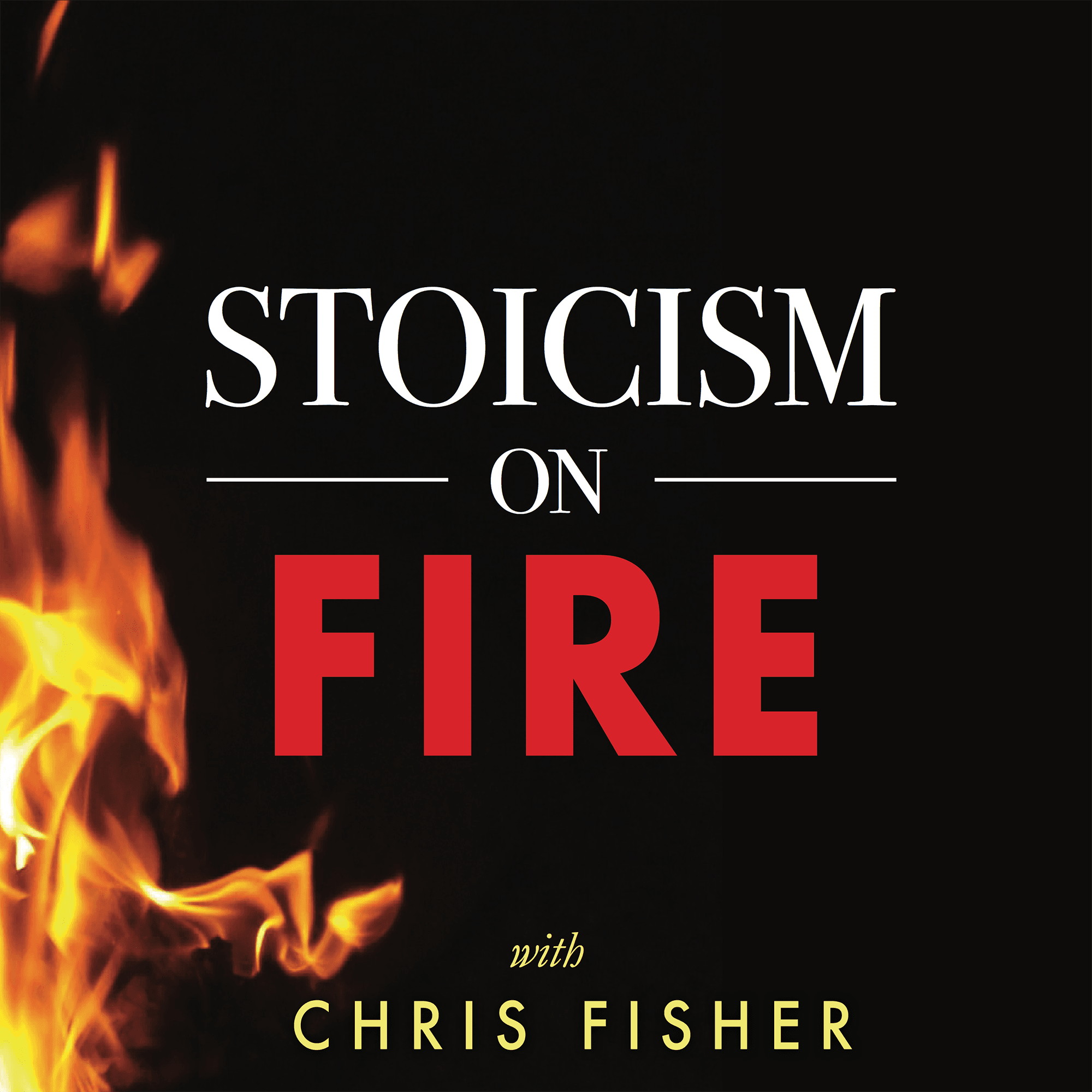Epictetus’ Prescription for Psychological Resilience – Episode 25
Description
From everything that happens in the universe it is easy to praise providence, if one has within him two things: the faculty of taking a comprehensive view of the things that happen to each person and a sense of gratitude. For, otherwise, one will either fail to recognize the usefulness of what has come about, or else fail to be truly grateful if one does in fact recognize it. (Discourses 1.6.1-2)
Psychological resilience is a by-product of Stoic practice; it is part of the good flow or well-being (eudaimonia) a Stoic practitioner experiences as a result of developing an excellent character (virtue). In his expression of the dichotomy of control, found in Enchiridion1, Epictetus contrasts the psychologically resilient Stoic with those who have a troubled mind—those who will be hindered, lament, and blame gods and humans for their troubles. Simultaneously, Epictetus declares that “no harm can affect” the Stoic who has developed a resilient mind. Nevertheless, as he points out, the development of a resilient mind requires significant effort and change in our lives. People have troubled minds because of their thoughts, desires, and intentions. As I have written before, Stoicism is not a topically applied balm we can use occasionally to make us feel better. Instead, it is internal medicine and it requires constant attention and practice. Stoicism works from the inside out, beginning with our thoughts, desires and aversions, and intentions to act. Progress depends on our willingness to turn over the soil of our psyche to disrupt the roots of our entangled thoughts, so we can plant new seeds that can grow into new patterns of thinking. In the above passage from the Discourses 1.6, we see two elements that are necessary to develop psychological resilience: a comprehensive view of things, and gratitude.
A Comprehensive View of Things
The first part of Epictetus’ prescription for psychological resilience involves developing a cosmic viewpoint. The cosmic viewpoint allows us to escape our human-centered view of things and events and the judgments associated with that limited perspective. Life is not easy. Like Shakespeare’s Hamlet, we all must face the “slings and arrows of outrageous fortune.” However, there is good news. Stoic practice equips us to “take arms” against that “sea of troubles” we call life; it prepares us “to be” despite life’s vicissitudes that may cause us to question whether it is better “not to be.” To begin, we must abandon our limited human perspective and view events as if from above. The “view from above” is more than a view from a distance that trivializes things and events on Earth. The cosmic viewpoint teaches us to accept the cosmos as a holistic organism, where events have a purpose that is larger than our human-centered view of things typically allows us to see.[1] From this cosmic perspective, seemingly tragic events are neither good nor evil. Instead, these events are simply the way our purposeful cosmos is bringing about what is best for the whole. As practicing Stoics, we can use the cosmic viewpoint to transcend the false expectations which cause a troubled mind. As I wrote in a previous post,
Once we understand the nature of the cosmos and our place in it, we begin to understand that external events are neither good nor bad, in a moral sense, because they are beyond our control. The only events that have moral implications for us are those we can control—our judgments. External events cannot harm our inner Self; only our thoughts about events can.[2]
Epictetus makes this point succinctly:
It isn’t the things themselves that disturb people,
More Episodes
An interview with Will Johncock, author of Beyond the Individual: Stoic Philosophy on Community and Connection.
Published 04/03/23
Published 04/03/23
Set before your eyes every day death and exile and everything else that looks terrible, especially death. Then you will never have any mean thought or be too keen on anything. (Ench 21)
That’s an interesting list: death, exile, and everything else that looks terrible. We can all relate to...
Published 10/05/22


